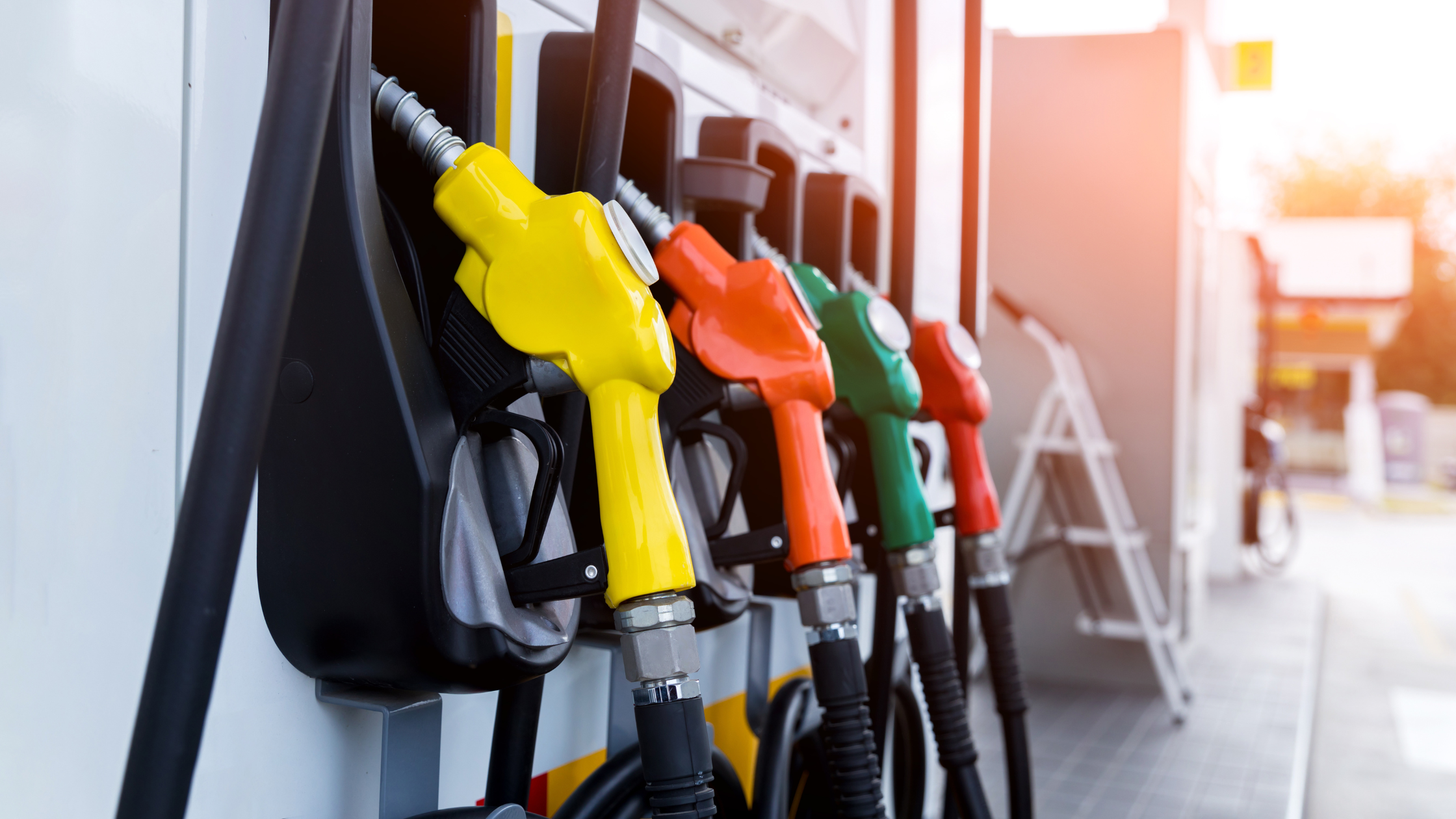In today’s competitive business landscape, optimizing fuel consumption is paramount for companies aiming to reduce operational costs and enhance sustainability. Telematics, the integration of telecommunications and monitoring systems within vehicles, offers a powerful solution to achieve these objectives. By leveraging telematics, businesses can gain real-time insights into their fleet operations, leading to significant fuel savings and improved efficiency.
Understanding Telematics and Its Role in Fuel Optimization
Telematics systems collect and transmit data from vehicles, including location, speed, fuel consumption, and engine diagnostics. This information enables fleet managers to monitor and analyze driving behaviors, vehicle performance, and route efficiency. By interpreting this data, businesses can identify areas for improvement and implement strategies to optimize fuel usage.
Key Ways Telematics Enhances Fuel Efficiency
- Route Optimization Telematics systems analyze traffic patterns, road conditions, and delivery schedules to determine the most efficient routes. By minimizing travel distances and avoiding congestion, businesses can reduce fuel consumption and improve delivery times. For example, integrating telematics with route planning tools allows for dynamic adjustments based on real-time traffic data, ensuring optimal routing decisions.
- Monitoring and Improving Driver Behavior Telematics provides insights into driver behaviors such as speeding, harsh braking, and rapid acceleration. By identifying these patterns, fleet managers can offer targeted training to promote fuel-efficient driving habits. Studies have shown that addressing aggressive driving behaviors can lead to substantial fuel savings.
- Reducing Idle Time Extended idling contributes significantly to unnecessary fuel consumption. Telematics systems monitor engine idle times and alert drivers and managers to excessive idling. Implementing policies to minimize idle periods can lead to measurable fuel savings.
- Predictive Maintenance Telematics systems monitor vehicle health by tracking engine performance and diagnosing potential issues before they lead to breakdowns. Proactive maintenance ensures vehicles operate efficiently, preventing fuel inefficiencies caused by mechanical problems.
- Analyzing Fuel Consumption Patterns By collecting detailed fuel usage data, telematics enables businesses to identify trends and anomalies. This analysis facilitates informed decision-making regarding vehicle selection, route planning, and operational adjustments to enhance fuel efficiency.
Real-World Impact of Telematics on Fuel Consumption
Businesses that have implemented telematics solutions have reported significant reductions in fuel costs. For instance, a study demonstrated that integrating telematics with route optimization led to a 15% reduction in fuel consumption. Additionally, companies have observed improvements in driver behavior, resulting in enhanced safety and further fuel savings.
Conclusion
Integrating telematics into fleet operations offers a comprehensive approach to optimizing fuel consumption. By leveraging real-time data on route efficiency, driver behavior, and vehicle performance, businesses can implement targeted strategies to reduce fuel costs and promote sustainability. As technology continues to evolve, the role of telematics in enhancing operational efficiency and environmental responsibility will only become more significant.
Embracing telematics technology is a strategic move toward more efficient and cost-effective fleet management. To explore how telematics can be tailored to your business needs, consider reaching out to Traknova, a leader in fleet management and tracking solutions. Our expertise can help you harness the power of telematics to drive fuel efficiency and operational excellence.










